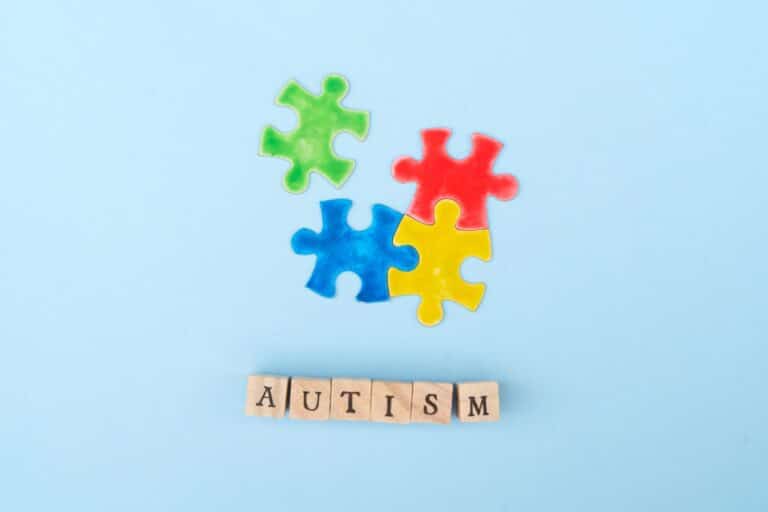A lot has been said about CBT, and yet not a lot has been known about its techniques. It has become prevalent in the last 20 years, and people who are going through the treatment experience vital changes in them.
They have found practical application in the field of addiction treatment — people with intense addiction experience effective withdrawal due to CBT.
Cognitive-behavioral therapy, more than anything, guides people in identifying problematic thoughts and feelings that are associated with their addiction.
Once the thoughts and feelings are identified, it helps people reprogram the way they perceive and associate these thoughts and feelings.
Today, Cognitive behavioral therapy is widely accepted for addiction treatment. Mainly CBT helps recovering addicts understand and find deep-rooted connections between their thoughts, feelings, and actions. This further increases their awareness of how they are very crucial for complete recovery.
CBT’s application is not only limited to the field of addiction. It also helps people cure various disorders, such as:
- Anxiety
- Attention Deficit Disorder (ADD)
- Bipolar Disorder
- Obsessive-Compulsive Disorder (OCD)
- Eating Disorders
- Post-Traumatic Stress Disorder (PTSD)
Now that we have taken a brief overview of CBT let us now understand correctly how it works.
How does CBT work?
Cognitive-behavioral therapy is a treatment program designed to help people identify harmful actions and emotions. These feelings and emotions stem from your profound past experiences and other environmental and social factors.
This understanding is key to fighting addiction. Once an addicted person can grasp why he/she feels or acts in a certain way and how these feelings and actions are catapulting substance abuse, they arrive in a better position to deal with their addiction much more effectively.
Cognitive-behavioral therapists play a crucial role in helping recovering addicts identify their negative thoughts, often called “automatic thoughts.” Our raw impulse triggers these automatic thoughts. They stemmed from our misconceptions, misunderstandings, and reinforced internalize feelings of self-doubt and fear. This is the main reason why people turn their heads towards extreme drug abuse as a form of self-medication.
Hence, CBT helps them re-associate their bad memories and change their perception of them. This is the way CBT helps people deal with their addiction by teaching new, positive behaviors that will replace their drug or alcohol use.
Role of CBT in Addiction Treatment
Addiction is a by-product of automatic negative thoughts. These thoughts, in most of the cases, are derived from depressive thought patterns and anxiety disorders.
As per the survey conducted from the Agency for Healthcare Research and Quality (AHRQ), we see that at least one in eight of the 95 million visits a hospital emergency department in the United States because of poor mental health and drug abuse problems.
It is studied that the most common cause of these visits was mood disorders, which constitute nearly 42 %. Up to 27 % of people visit hospitals for anxiety disorders. With 23% alcohol-related and 18% drug addiction.
Hence, we can say how tightly inter-related addiction and thought disorders are.
https://adaa.org/understanding-anxiety/related-illnesses/substance-abuse
CBT functions on three levels helping patients overcome drug addiction and alcoholism:
Helping to dismiss false beliefs and insecurities that lead to substance abuse
Eastern Zen philosophy says that the problem is usually not the thing but how we see the situation. CBT works entirely on this principle. The prime cause of addiction is strong false beliefs and disassociation of our thoughts and memories. CBT reprograms this completely by causing new associations, helping people perceive their thoughts and feelings in a new light.
Providing self-help tools to better their moods
They help patients with self-help books to elevate their mood. Along with books, they also provide access to soothing music. This way, the patient gets in the right frame of mind and be open to all the changes that are going to happen in him/her.
Teaching effective communication skills
What keeps a lot of addicted people from attaining sobriety is situations that trigger cravings. CBT helps people recover from this entirely in 3 essential ways:
- Recognize: It allows patients to identify the circumstances that cause the consumption of drugs or drinking. Patients are made to introspect and maintain a thorough journal that helps them create a complete mental map. Thus, the patients are made to recognize their triggers, helping them identify the real causes of addiction in the first place.
- Avoid: After recognition, they are given exercises that help them detach from the trigger situations in all the possible ways.
- Cope: Finally, they make use of CBT techniques to identify emotions and thoughts and alleviate them, helping them develop a stronger coping mechanism.
We have seen how CBT is a natural technique of rewiring our mental processes, cleansing our misinterpretations and misperceptions of our thoughts and feelings altogether. People recovering with the help of CBT techniques have a healthy coping mechanism because they associate with the trigger-thoughts and emotionally quite differently than they used to.






